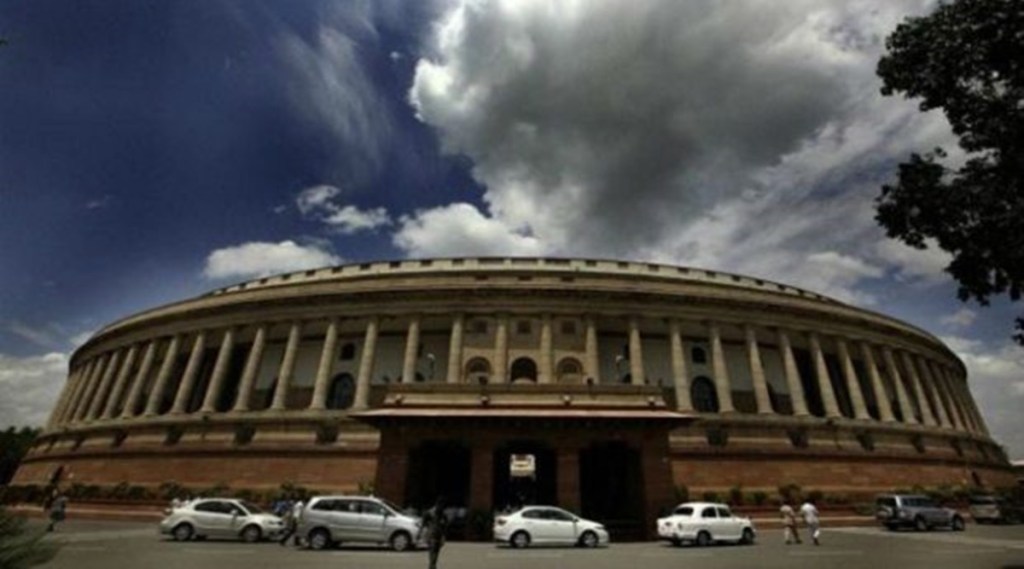The monsoon session of Parliament that began yesterday is expected to see 32 Bills coming up for consideration and passage by the two Houses—eight pending from the last session and 24 new ones. Some of these cover critical areas of governance. For instance, the Inter-State River Water Disputes (Amendment) Bill, 2019, seeks to create a permanent tribunal for resolving inter-state riparian disputes and the Insolvency and Bankruptcy Code (Amendment) Bill, 2022, will amend the existing law to introduce provisions on cross-border insolvency, among other things. There is a Bill to rejig India’s competition regulation to effectively address challenges emerging in the new-age economy. Other proposed legislation will decide the contours of carbon-trading in India, thereby kicking off a market of growing global importance, and how mining business can be made easier for the entrepreneur. This is just to illustrate the weighty legislative business that the session must take up, in 18 sittings. Against this backdrop, it is crucial that Parliament functions in a manner that upholds democracy.
On the eve of his last session as the Rajya Sabha Chair, outgoing Vice-President M Venkaiah Naidu appealed to members that his best farewell gift would be a “different and better” monsoon session than the previous two in which Rajya Sabha sat for only two-thirds of the scheduled time. The winter session last year saw the Upper House sit for just 43% of the scheduled time. Given the sharply polarised political discourse, it is anybody’s guess whether things would be better this time, but both the Opposition parties and the government would do well to remember the multipartisan nature of India’s electoral democracy and work to preserve its spirit. The sad state of affairs prompted the Chief Justice of India, NV Ramana, to remark last week that political divides were now “translating into hostility”, and that a strong parliamentary democracy needs “strengthening the opposition as well”. He even warned against laws being passed “without detailed deliberation and scrutiny”. The essence of what Ramana said finds an echo in what even the prime minister said earlier: “We should not move on the basis of numbers, we should move on the basis of the power of the collective approach”.
Rushing into the well, as Opposition members often do to disrupt proceedings is clearly a failure of this vision. But so is stonewalling parliamentary debate by ramming through legislation without proper discussion. Many Bills have been passed by the Houses of Parliament in a matter of minutes, clearly frustrating attempts to parse through them. In the preceding session, 73% of the Finance Bill was passed without any discussion—just under the average of 76% over the past six years. Importantly, as per an analysis by PRS Legislative Research, more than a third of the Bills passed in the 17th Lok Sabha (till monsoon session 2021) were passed in less than 30 minutes, even as just 13% of the Bills have been referred to parliamentary committees, down from 60% in the 14th Lok Sabha. The farm Bills that affected the lives of millions were introduced in Parliament and passed without any debate. This has to do more with bypassing genuine debate through sheer parliamentary strength than with the robustness of the pieces of legislation introduced. The government and the Opposition should remember that a healthy debate is as essential to democracy as the dignity of Parliament.

